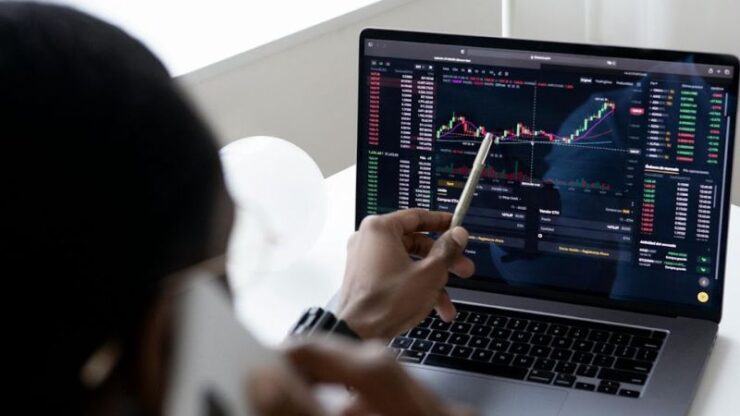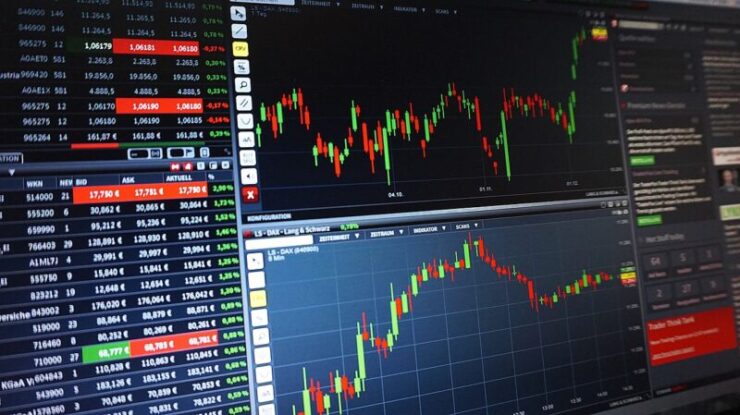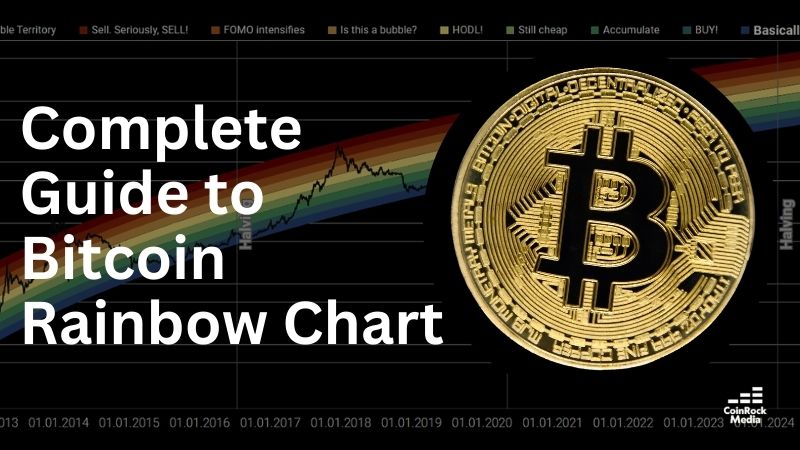Trading in financial markets has evolved significantly, shifting from traditional floor trading to highly efficient electronic systems. The matching engine is at the heart of this transformation, an essential component that facilitates seamless and high-speed trade execution.
It acts as the backbone of modern financial markets, ensuring that transactions occur smoothly and efficiently. In this article, we’ll explore how matching engines power trading, their types, working mechanisms, and their impact on market efficiency.
What is a Matching Engine?
A matching engine is the core technology that processes buy and sell orders in an exchange or trading platform. It is responsible for pairing bids (buy orders) with asks (sell orders) based on predefined rules.
This process ensures fair and efficient price discovery, enabling traders to execute their orders with minimal latency. Without matching engines, financial markets would struggle with inefficiencies, making it difficult for traders to execute transactions quickly and fairly.
How Matching Engines Work:
Matching engines operate on algorithms designed to find the best possible trade execution for buyers and sellers. When an order is placed, the engine scans the order book to match it with the best available counterpart. If an exact match is found, the trade is executed instantly.
These engines continuously update order books and process millions of transactions per second, ensuring a seamless trading experience. They use various techniques such as order batching, smart routing, and dynamic pricing adjustments to enhance efficiency.
Types of Matching Engines:
Matching engines can be categorized based on how they prioritize and execute trades:
1. Price-Time Priority Matching
This is the most common type of matching engine used in major stock exchanges. It prioritizes orders based on price first and then by the time they were placed. Orders with the best price are executed first, and if multiple orders share the same price, the earliest order gets priority. This system ensures fairness and prevents market manipulation.
2. Pro-Rata Matching
Used mainly in derivatives and futures markets, this method distributes orders based on their size rather than time. Larger orders get a higher proportion of the available volume, ensuring fair execution for high-volume traders. This method benefits institutional investors who trade large volumes and need proportional execution.
3. FIFO Order Matching
In this model, orders are executed in the order they arrive, irrespective of size. This method is common in smaller exchanges and decentralized markets. It prioritizes early placement of orders, making it a straightforward approach.
4. Hybrid Matching Engine
Some exchanges use a combination of price-time priority and pro-rata matching to balance fairness and efficiency, catering to both retail and institutional investors. This hybrid model optimizes execution and offers flexibility in handling diverse trading styles.

Role of Matching Engines in Market Liquidity:
Matching engines are crucial for maintaining market liquidity. By continuously matching orders, they ensure that traders can buy and sell assets with minimal delays. Higher liquidity leads to tighter bid-ask spreads, reducing transaction costs for investors and improving market efficiency. A well-functioning matching engine prevents market stagnation and ensures a continuous flow of transactions.
Speed and Latency in Matching Engines:
In modern trading, speed is everything. High-frequency traders (HFTs) rely on ultra-low latency matching engines to execute trades in milliseconds. Exchanges invest heavily in advanced hardware and algorithms to minimize delays, ensuring fair competition among traders. The lower the latency, the higher the chances of executing trades at the desired price.
Matching engines leverage high-performance computing, co-location services, and advanced networking techniques to maintain sub-millisecond execution speeds. This speed advantage is critical for market participants looking to capitalize on price fluctuations.
Security and Reliability of Matching Engines:
With billions of dollars in transactions occurring daily, matching engines must be secure and resilient. They incorporate robust failover mechanisms, encryption protocols, and redundancy systems to prevent cyber threats and system failures. Regular audits and stress tests are conducted to maintain operational integrity.
Cybersecurity threats, such as distributed denial-of-service (DDoS) attacks and insider threats, require continuous monitoring and defensive measures. Exchanges implement multi-layered security protocols to safeguard data and prevent unauthorized access.
The Future of Matching Engines:
Matching engines are constantly evolving with advancements in artificial intelligence, blockchain, and quantum computing. AI-driven matching engines can optimize trade execution strategies, while blockchain-based decentralized exchanges offer transparency and security. Quantum computing could revolutionize order matching, reducing execution times to near-instantaneous levels.
Additionally, regulatory changes and market innovations will continue to shape the functionality of matching engines. As financial markets expand globally, cross-border compatibility and improved risk management tools will be essential for future trading systems.
Conclusion:
Matching engines are the backbone of modern trading, ensuring seamless, fair, and efficient order execution. Whether in stock markets, cryptocurrency exchanges, or forex trading, these engines power financial ecosystems worldwide. As technology advances, matching engines will become even more integral in shaping the future of trading, driving innovation and efficiency in global markets.
The combination of speed, security, and efficiency makes matching engines indispensable in today’s financial world. Traders, institutions, and regulators alike depend on them to maintain order, transparency, and accessibility in financial markets. With rapid advancements in technology, matching engines will only become faster, smarter, and more integral to global trading.





